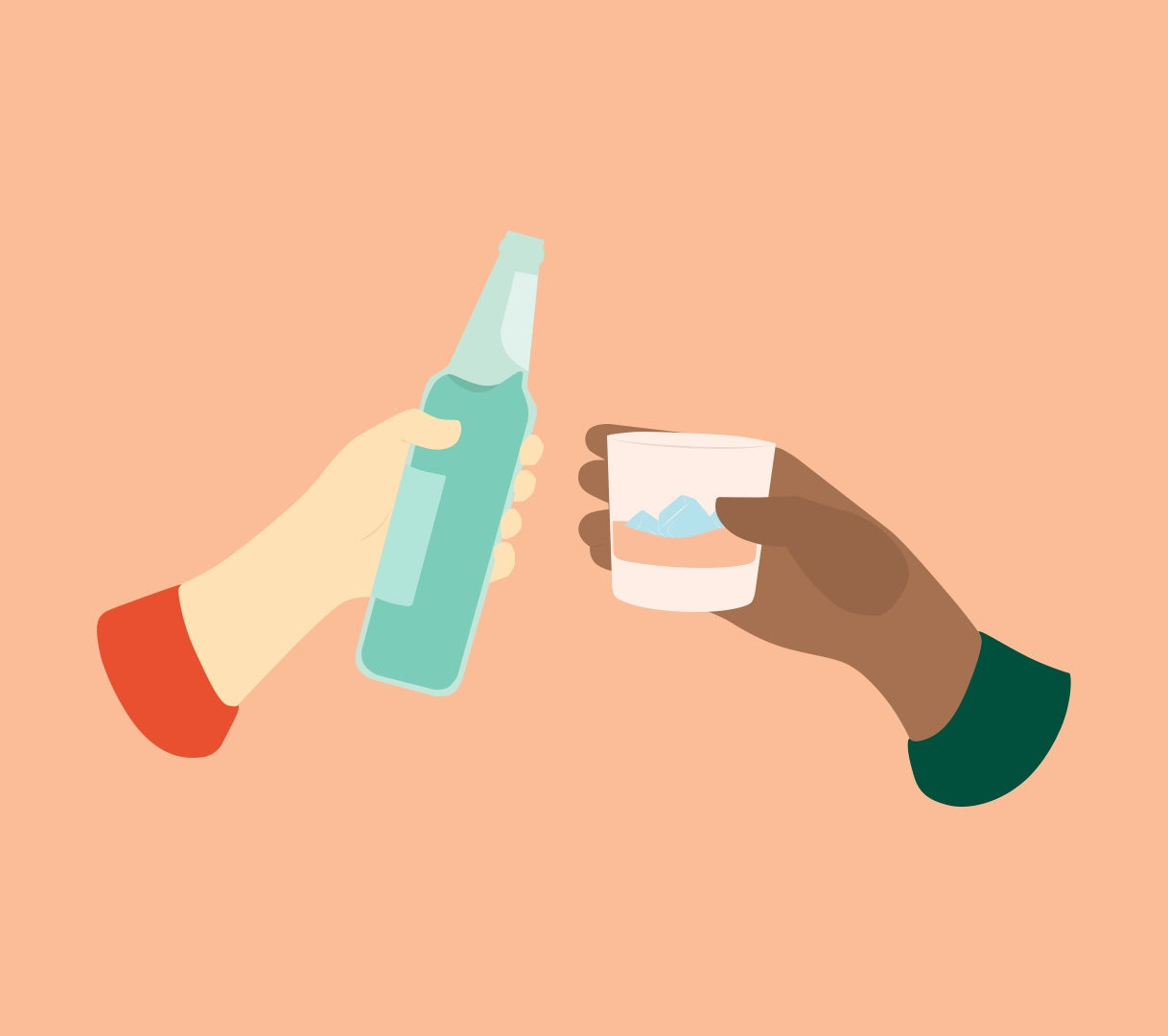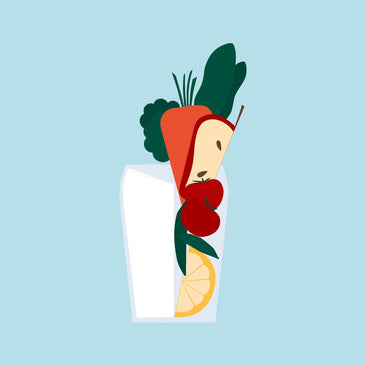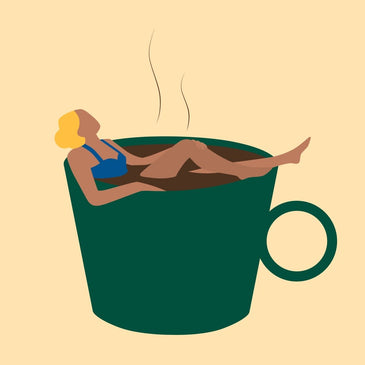Bodily does not provide medical advice, diagnosis, or treatment. The resources on our website are provided for informational purposes only. You should always consult with a healthcare professional regarding any medical diagnoses or treatment options.
What should you consider?
You shouldn’t be concerned about drinking alcohol if you’re breastfeeding — even if consumed in larger quantities, very little of it actually passes through breast milk to your baby. But it can affect your milk supply, and daily excessive drinking may have an impact on your baby’s motor development.
How much alcohol passes through breast milk to baby?
The level of alcohol in your breast milk is similar to the level of alcohol in your bloodstream. Even if you’ve had a drink and then nurse, your baby will only be exposed to a very low concentration of alcohol. In fact, researchers behind a 2013 review of 41 studies on alcohol and breastfeeding found that a 150-pound woman could drink four drinks in a row and breastfeed at the time of highest blood alcohol concentration, and the baby would still only be exposed to very low concentrations of alcohol.
How does alcohol in breast milk affect a nursing baby?
While drinking doesn’t appear to have a negative effect in the short- or long-term for a nursing baby, five drinks or more can disrupt your milk letdown until alcohol levels decrease. (Alcohol inhibits the milk ejection reflex, which means those rumors about alcohol increasing supply are just a myth.)
The research around small behavioral changes in infants exposed to alcohol-containing breast milk — like disrupted sleep patterns — is contradictory, so the evidence is weak. In terms of larger impacts, one study found that gross motor development was delayed in cases of regular exposure to alcohol (at least daily); but motor and mental development of breastfed infants whose mothers drink less than one drink a day did not differ from those infants whose mothers did not drink or who were formula-fed.
Is ‘pumping and dumping’ helpful after drinking?
Pumping and dumping — when a woman expresses her milk after drinking and then discards it — doesn’t help remove alcohol from your breast milk. Alcohol levels in milk decrease over time, so a nursing parent has to wait it out if they want to clear their supply of alcohol. Pumping and dumping may be helpful, though, to relieve engorged breasts or ease pain associated with full breasts.
When should I be worried?
If you do have a drink (or a few), something to keep in mind after is safety in handling the baby. Sleep deprivation can be tricky enough when holding a baby, but when you have a drink — especially if you haven’t had any alcohol during your pregnancy — safety is even more important. Always have a plan in place to ensure your baby is being cared for safely.






